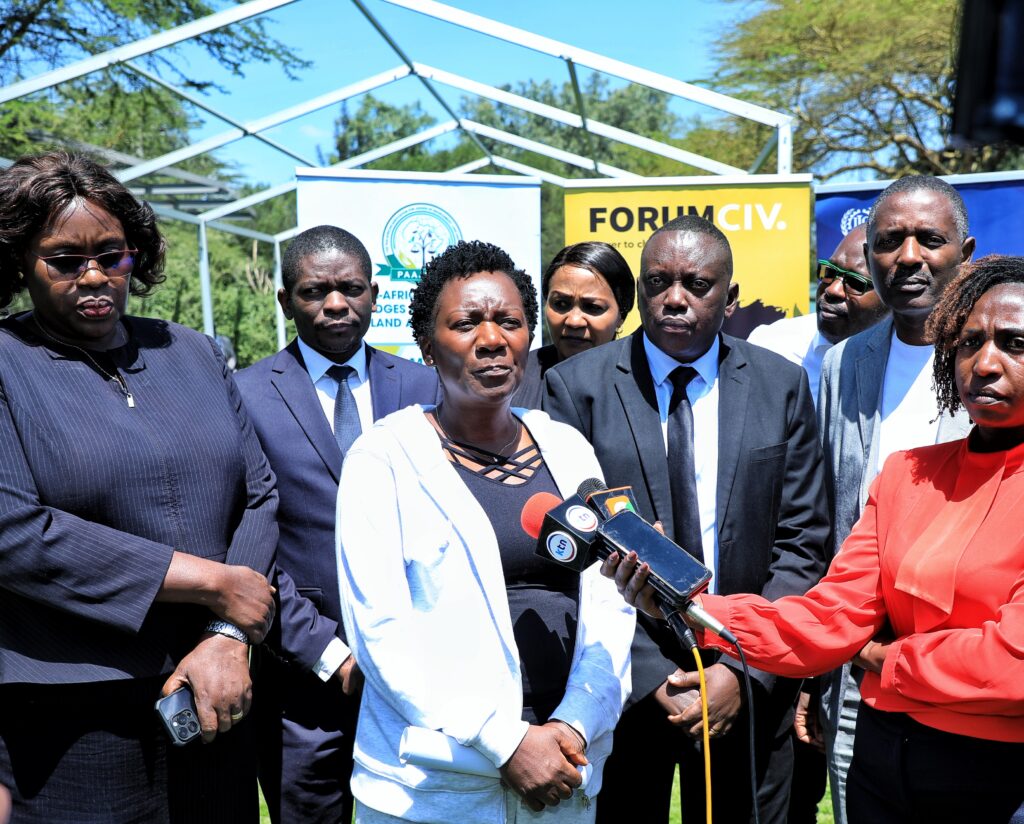Judges across Africa are calling for inclusion in international climate change forums, citing the growing volume and complexity of environmental cases landing in courtrooms. Ahead of the upcoming COP30 summit in Belém, Brazil this November, members of the Pan-African Association of Judges on Environment, Land and Labour (PAAJELL) stressed that judicial officers must be part of global climate discussions to deliver informed and fair rulings.
PAAJELL President Justice Jacqueline Mogeni said the exclusion of judges from these vital platforms hampers their ability to stay updated on climate treaties, agreements, and emerging jurisprudence. She noted that courts are increasingly tasked with resolving complex climate-related disputes, ranging from pollution and displacement to carbon market investments.
“Judges must be involved from the onset of climate dialogue, not only after international decisions are made,” said Justice Mogeni. “Their participation is essential for shaping climate justice and ensuring rulings are rooted in global standards.”
Justice Mogeni also advocated for mediation as a key tool in resolving climate disputes, such as human-wildlife conflicts, and emphasized the importance of including magistrates in climate training programmes.
Justice Ocharo Kebira of the Employment and Labour Relations Court in Mombasa highlighted the intersection between climate change and employment, urging for tailored training to better adjudicate emerging issues like job losses from extreme weather or transitions to green economies.
Justice Millicent Odeny reported a rise in litigation involving environmental degradation and pollution, pointing to increased public awareness of environmental rights.
Support for the judiciary’s involvement was echoed by stakeholders like Isaac Muema from the International Labour Organization, who noted ongoing initiatives with Swedish support to create green jobs for youth and women in climate-affected regions.
Michael Nyongesa of Forum CIV emphasized the need to build judicial expertise in environmental law, referencing landmark rulings such as the Save Lamu coal plant case and the Northland Trust carbon market decision. He noted these cases demonstrate the judiciary’s power in shaping climate policy and called for expanded training to prepare judges for forums like COP30.
With climate justice taking centre stage globally, judges argue that their inclusion in climate decision-making is not just necessary but urgent.

